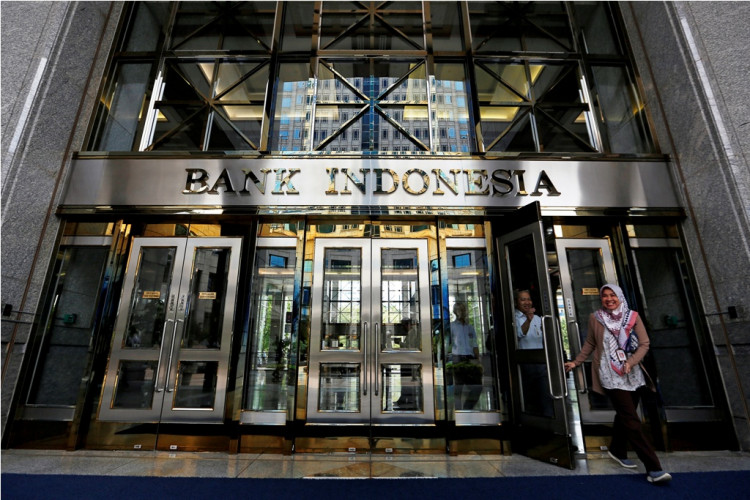Indonesia's economy gradually made improvements during the first quarter of 2019 with the country's gross domestic product (GDP) expanding by 5.1 percent. Economists say the latest developments prove that national poverty reduced significantly over the past year.
According to the Jakarta Post, World Bank analysts said in a report on Monday the Indonesian economy has retained strong figures ever since the crisis in 2013 that showed some effects on last year's capital outflows among emerging markets.
World Bank Country Director for Indonesia and Timor-Leste, Rodrigo A. Chaves noted that the growth trend reflects how national poverty toned down significantly in September 2018. At that time, poverty rates dropped to a record low of 9.7 percent.
The World Bank said in its June 2019 Indonesia Economic Quarterly report that increased government spending and improved private investment figures helped spur growth in the economy.
Aside from more activity in the private investment segment, strong developments in labor markets also helped boost the Indonesian economy during Q1 2019. Inflation is also considerably low amid fears of the impact of the China-U.S. trade war.
Earlier this year, projections were mixed regarding the Indonesian economy's growth this year. The trade war between China and the U.S. led to a global trend of forecast cuts for many countries, including some in Asia.
However, the World Bank announced its forecast of 5.1 percent in growth for the Indonesian economy in 2019, with a steady rise of 5.2 percent in 2020, driving hopes for more investments to come through.
The government's focus on maritime improvements also played a key role in driving sustainable growth. Boosting activities related to marine natural resources and other related segments helped drive economic development.
"The government of Indonesia has shown a strong commitment to making the country a global maritime powerhouse," World Bank practice manager for environment and natural resources, Ann Jeannette Glauber, said.
Meanwhile, economic experts noted that Indonesia still needs to implement reforms that will further help stabilize the economy, especially if global trade tensions are escalated and demand weakens.
So far, the Bank of Indonesia has not lowered rates yet, unlike other central banks in Asian countries. The bank said it is still looking at the possibilities and impacts of lowering rates at this point.
A spokesman for the Bank of Indonesia, Onny Widjanarko, pointed out that the bank is still waiting for the right moment to cut rates since reducing rates just because others are doing so could hurt external factors affecting the Indonesian banking sector.
Some experts are confident that Indonesia can retain its inflation targets of around 2.5 percent to 4.5 percent this year.






